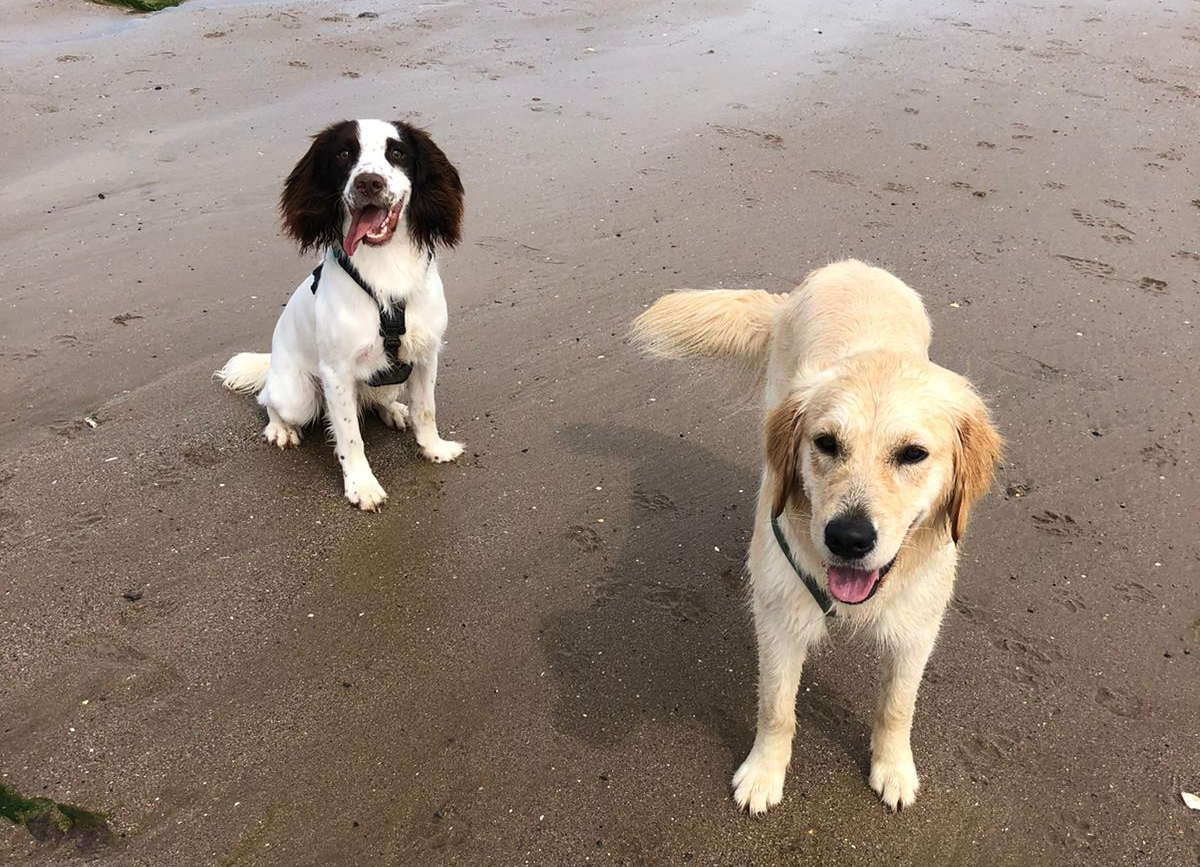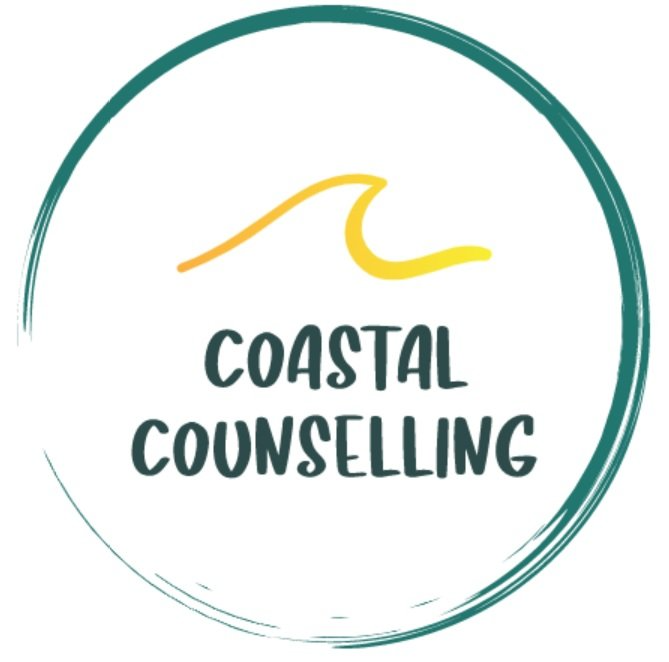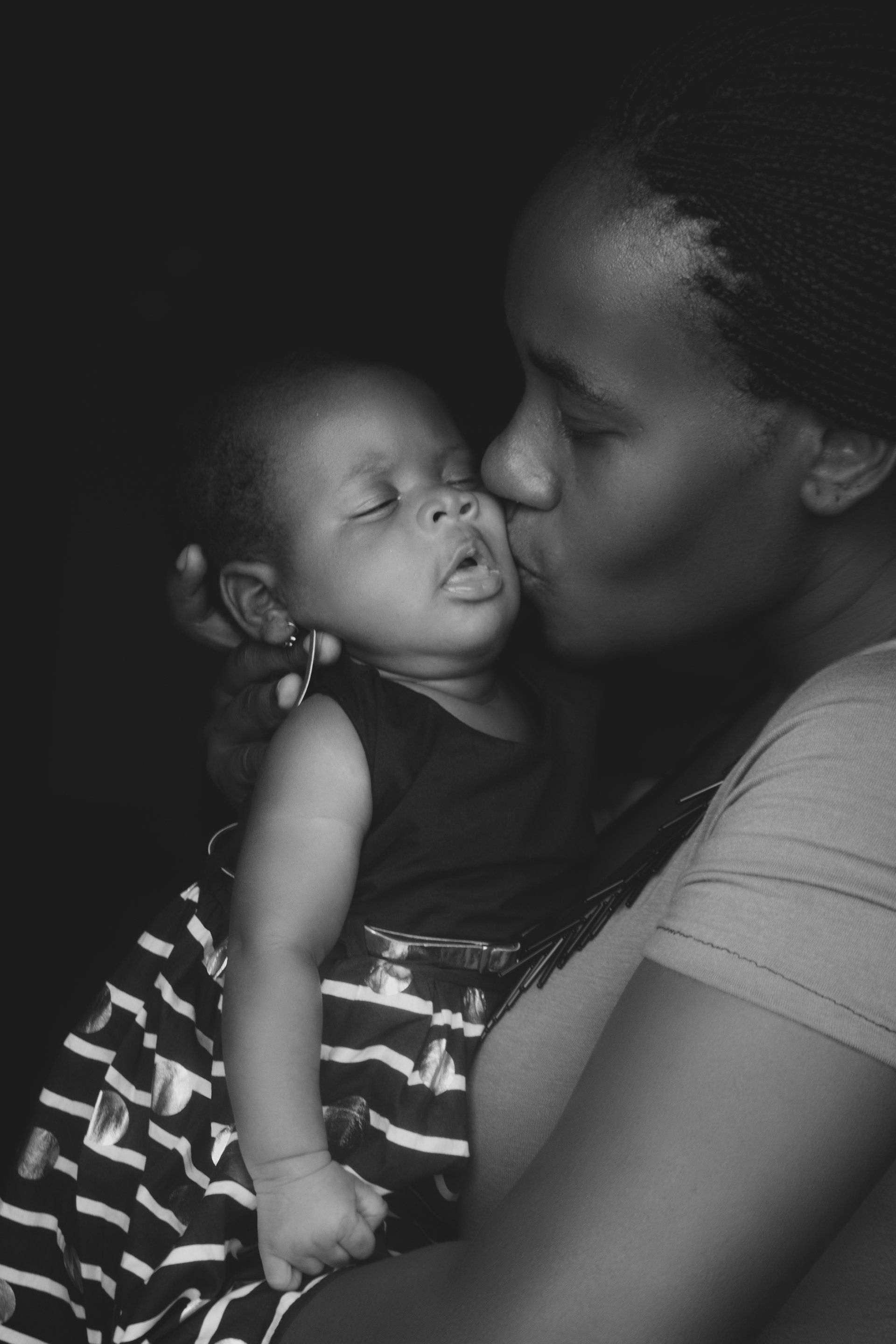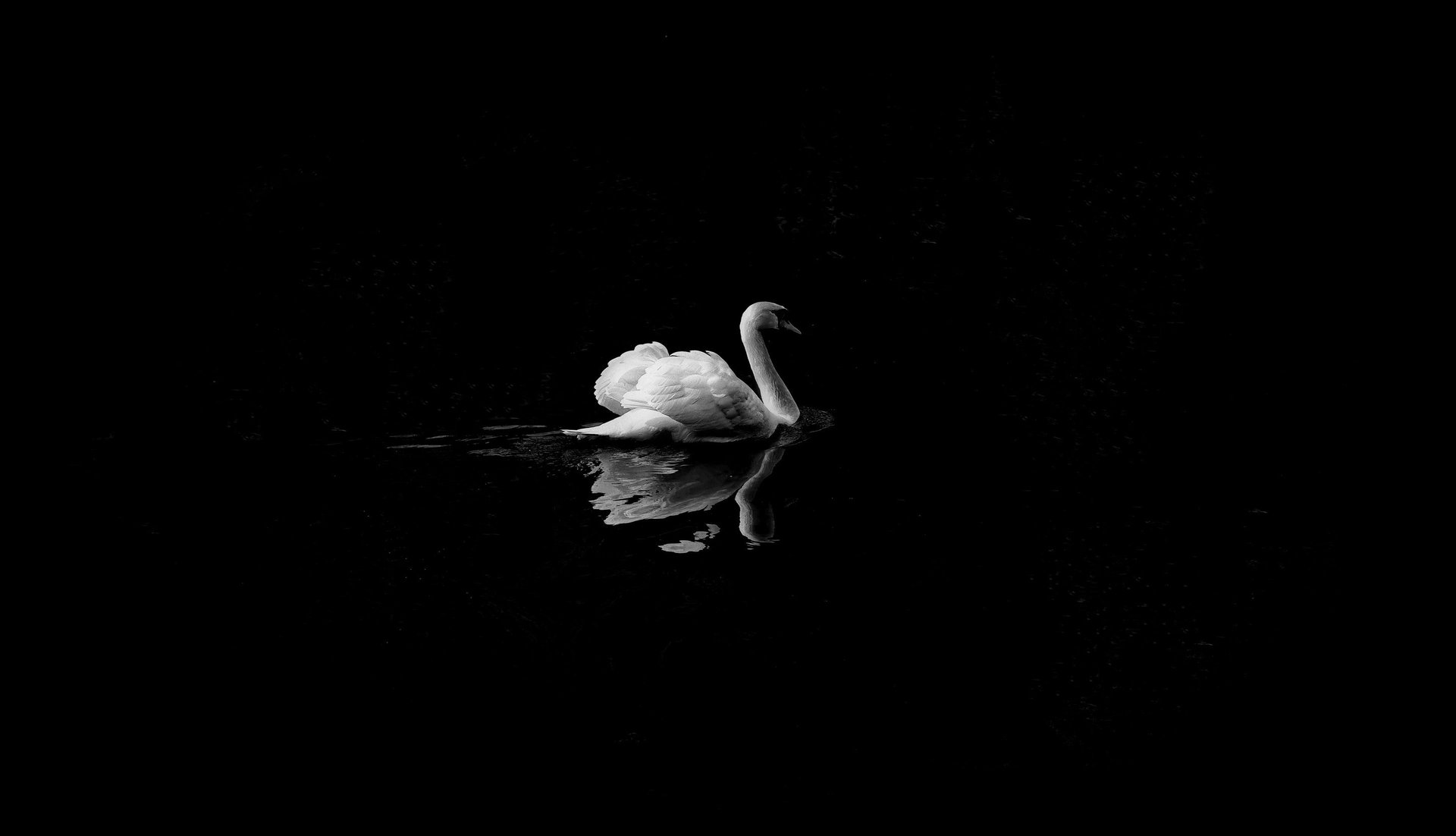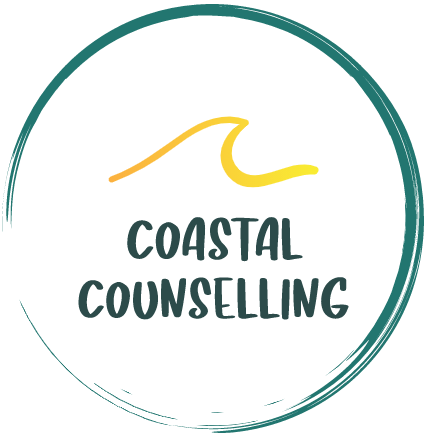When the World Feels Too Much
The Ripples and Tsunamis: Navigating Mental Health Amidst Global Crises

There was once a time when we'd have no idea what was happening on the other side of this beautiful world we live on. Nowadays, the opposite is true. We are bombarded with endless instant updates about the injustice, destruction and terror happening both on our doorstep, and across the oceans. I've noticed that I've started bracing every time I hear that news jingle, or catch sight of a news headline. The emotional toll of these local and global crises is not confined to the headlines or short videos we see. The impact is far-reaching - it speads through our lives perhaps as small ripples at first, but building into something that can become much harder to process.
The Impact in the Metaphor of Water
The Splash
The first impact is like a splash - it's the initial shock of hearing about an event. We may get a news alert, see a headline, or catch a video that makes us stop of think for a moment. We might notice a fleeting emotional reaction - a spash of awareness but not necessarily something that disrupts the flow of our day.
The Ripple
Then there's the ripple. The more splashes we experience, the more ripples follow. As the news continues to unfold, or as the scale of the crisis deepens, we can find ourselves becoming preoccupied with thoughts of what's happening, of what we've seen or heard. We hear the ripples in the conversations around us, in our collective psyche. As we become increasingly saturated with the weight of it all, our mental wellbeing starts to feel the ripple effects. This could be a low-level anxiety, a hum of sadness, frustration, nervousness, a sense of powerlessness.
The Current
Then comes the current. The onslaught of more and more news of the disintegration of the world as we know it. The constant undertow of the current pulls us further into emotional heaviness, the cumulative impact affecting our mental wellbeing individually and collectively. Anxiety, powerlessness and burnout become more common as we try to process and cope with the pressure of being constantly-informed.
The Tsunami
And then comes the tsunami - the overwhelming wave of impact that feels too much to bear, when the flood of bad news, injustice, and suffering crash into our worlds and leaves us drowning. A tsunami doesn't allow for processing time, it arrives with force and with relentlessness.
For our mental health, the tsunami impact is all-consuming: the terror, the rage, the helplessness - the toll of feeling like there is no escape from the suffering of the world. It may even lead to vicarious trauma where the emotional weight of what others are experiencing begins to invade our own sense of safety and wellbeing. The tsunami, in its overwhelming force, can leave us drowning in a sea of confusion and too-much-ness.
Much like the aftermath of a tsunami, the emotional effects linger long after the waves have passed. Even when the media shifts focus, we continue to feel the aftershocks of the onslaught. The tsunami doesn't just affect us in the moment, it leaves behind an emotional devastation which can feel hard to recover from. We need community, connection and compassion to weather the aftermath.
How Do We Navigate These Waters?
Navigating emotional waters isn’t something we can master overnight, but here are a few ideas that can help us learn to swim. Sometimes we may be able to swim against the tides, othertimes we may need to learn to ride the waves, or to float. This means understadning our limits, taking breaks when needed, and knowing when to adjust our strokes.
- Acknowledge Your Feelings -
it can be easy to dismiss or minimise emotions and feelings. Taking a moment to recognise what you're feeling, to name this to yourself (and perhaps to others) is the first step in metabolising the experience
- Limit Your Explosure - it's okay to step back from the news, and to take a break every now and then. Protect your mental space: for example put boundaries on how much media you consume and limit visual engagements (read instead of watch videos). Engage with other media - joyful news and reminders of the good
- Take Action - You too can make a splash and a ripple in your world. Whether it's donating your finances or time, raising awareness of causes, or simply leaning into connection with others, every action you take is a gift for you and the world. It may not solve the crises, but each act of love and care calms the storms
- Connect and Support - often we can feel small and alone in the face of these tsunamis, fundamentally we are not meant to face these waves alone. Talking about the things that are affecting you can help process emotions. Lean on family, friends, connections when needed. Therapy and support groups can provide the safe spaces we need to navigate these waters.
- Small Routines - creating small routines and familiarities can provide stability and comfort during times of great uncertainty. Whether that's a regular meditation, reading fiction before bed, going for a walk at lunch or something small, these small routines can be gentle reminders of reliability. Here you can focus on what is within your control rather than what isn't
In these turbulent waters, I believe that kindness, gentleness, and compassion are the lifeboats we need to navigate through. When you care for your mental health and wellbeing, you contribute to a more compassionate world, one ripple at a time.
Take good care,
Toni
